Since 2010.



How to solve incoming problems together with the team? How to live in the processes of change and benefit the company?
This course is useful for team leaders;
heads of small departments for whom communication and working with people is the main part of their work;
managers of higher levels who want to close the gaps in their professional education.
Ability to flexibly schedule workloads, vacations, combine with work


- Tuckman: team dynamics
- Mammoth: team target
- Bern: the team boundaries and resistance
- Litvak: leadership types and team types
- Battery: team resource level
- DISC: applied behavior typology
While a technical interview is something beginning managers handle, personal characteristics and soft skills identifying is usually difficult to cope with.
- Ideal candidate profile
- Personal interview
- DISC: profile and role matching
- Battery: How not to hire a burned out or toxic employee
- Projective questions: how to "get into the head” of a candidate
- Decision to raise or revise the salary or position
- Error and misconduct
- When to part with an employee
Communication is the main tool in working with people.
What sustainable agreements are? How can they be achieved? And how can you change the behavior of a person without manipulations?
One of the main modules in TETICS is a module on how to negotiate with people.
- Constructiveness principles
- Algorithm for constructive confrontation
- Conscious rejection of manipulations
- Algorithm of decision-making for the Head or Team Lead (Tree)
- DISC: arguments that are listened to. Who is the first to go to
- Battery: person in an energy saving mode
What is the difference between task setting and delegation? At what point does the alignment of control types happen? What determines the type of control for each specific task?
- 5 Supervision Types
- 7 Delegation Levels
- Injustice in Assessment: Demotivation and more
- Battery: Link between Resource Level and Supervision Type
- DISC: Link between Behavior Typology and Task Types
- Work Tool: Supervision Type Table
This particular part is often left with a lack of time and attention in the work of tech leads and managers with a technical background.
The main tools for managing this important scope of tasks are regular 1:1 meetings using supportive tools and protocols.
- Technique: 1: 1 meetings (one-on-one, one-to-one)
- Technique Expansion: Skip level 1: 1
- The Battery Tool: how to use in 1: 1 Meetings and when preparing Development Plans
- Tool (Matrix) "Interest — Сompetence"
- Tool "$ 10,000 Questionnaire" (29 Motivational Factors)
- Behavior Change: Constructive Confrontation in practice in 1: 1 Meeting
- Gallup Questionnaire: Evaluation of Managers
- Motivation, demotivation
Two-month bonus Negotiations module
"Defending the Team, Project and Processes"
(optional)
This module is for you in case:
1. You understand that you are missing out on career opportunities or losing your credibility in negotiations.
2. You want to know how to prepare for a conversation. And you want to know how to conduct dialogues reasonably and consistently.
3. You want to become a person people want to agree with and want to make the decisions together.
4. Speaking, convincing, defending the team and project interests are your daily tasks. And you want to cope with them better.
Format:
- 8 Weeks Negotiation Workshop
- Lection in live format
- More than 15 negotiation cases
- 8 practical lessons (1 hour per week)
- 6-7 people in a group + School`s facilitator
- Each participant will take on a variety of roles (Manager, Subordinate, Director, Stakeholder, Client)
- Mixer chat for practicing. Convenient time and like-minded people
- Additional Certificate after passing the Negotiation bonus module
The interest in the program of each participant depends on how well the group is matched. Groups are matched according to the complexity of the tasks they will work on.
Our main training format is based on solving cases that a manager faces in his practice, with further discussion in a group.
To form groups according to the level of experience and to check the readiness of each student to study in our format, we propose to complete an introductory assignment after the payment for the course.
We propose to solve the case, describe the main steps for the solution, fill out a questionnaire, and go through an online interview with the School teachers.
The final admission decision is made by the School after the interview. In case of an unsuccessful interview, the full amount paid for the course is refunded to the student.
By the results of an interview, a student also gets School recommendations on the priority of modules in the program and the Author's Studio to take part in.
Theory - Individual Work - Group Work - Decision Review with a Coach
START - September 2021.
The course program includes 5 modules, the duration of each module is 1 month. And 2-Month Add-on Module on negotiations. The module begins with a 3-day (Friday-Saturday-Sunday) online study session: 5 hours from 4 PM to 9 PM GMT+3, with coffee breaks.
First and second days program: 2 hours workshop and 2-2.5 hours mixed practice (individual preparation and group discussion with School facilitator assistance). The study session contains theory and practice.
The third-day program:
Workshop with Top Managers and Guest Speakers (1-1.5 hours)
+ Author`s Studios: Career Studio by Vyacheslav Pankratov and The Studio of Adaptive Management by Alexander Orlov.
For each activity, during the study session, the points are assigned. Points are required to obtain a Сertificate. To get the module counted, a student sends an essay with a description of the experience gained. The time for the essay accomplishment is three weeks after the session. To receive a Certificate, you need to take part in five training sessions, write and submit an essay on each module before the next training session.
ADDITIONAL PRACTICE
If there are no questions on the module left after the training session, or if a particular module is not of a priority at the moment, a student can close a module with an essay and return to study in a month for the next module.
Students can receive additional practice in additional group practice classes. In such a case, the student informs the School curator of his/her plans. The School assists students with additional weekly group classes between sessions. We provide each group with additional cases and the assistance of the School facilitator for such classes.

Author's studio by Alex Orlov or Vyacheslav Pankratov. Set of author's seminars
Lead`s career. Studio A by Vyacheslav Pankratov.
Adaptive Management. Studio B by Alex Orlov.
Can I get both? :) Of course, you can. Students can attend in live the studio recommended after the interview. While materials of both studios will be available in the personal account.

With admission to The TETICS course, you get access to your personal account.
Everything for your comfortable and productive learning in one place:
- all organizational information about the course;
- bulletin board;
- webinars;
- lectures;
- tasks and cases;
- additional materials.
Access to the personal account and all materials for 3 years after graduating the course.
If you have graduated previous streams in The School of Managers, you can return the cost of training using its full amount for
a personal discount in TETICS PRO!
Please note that discounts are not cumulative.


We trained employees of the companies:























GMT+3
Saturday and Sunday: day off


